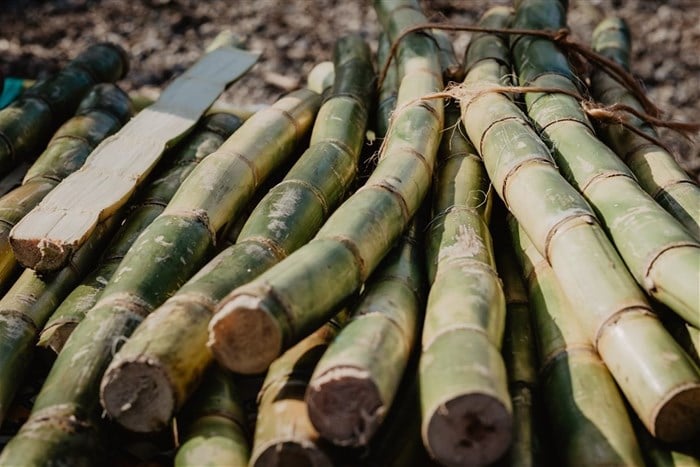
Top stories






More news














Logistics & Transport
Maersk reroutes sailings around Africa amid Red Sea constraints



This financial assistance will be provided by the Industrial Development Corporation (IDC) to growers who, despite being affected by the unrest, were nevertheless deemed ineligible for insurance payments from the South African Special Risk Insurance Association (Sasria).
Crucially, the IDC will be taking a two-pronged approach when providing this relief: all growers who suffered R1m or less in damages will receive grants, while those who suffered damage over R1m will receive loans for the amount exceeding R1m. The disbursement of grants rather than loans, particularly to small-scale growers, is invaluable.
In August, SA Canegrowers revealed that mills in KwaZulu Natal had rejected 135,222 tonnes of damaged cane following the arson of sugarcane and disruption to milling activity during the unrest in July amounting to R84,5bn in lost revenue. A third of this cane, more than 38,000 tons, belonged to small-scale growers who were at risk of not recovering from losses of this magnitude.
SA Canegrowers has worked closely with the IDC over the past few months in order to identify growers impacted by the riots and calculate the revenue losses. We also advocated for the distribution of funds directly to growers through the South African Sugar Association. No fees will be charged or cost recovered from growers, ensuring that all funds go directly to where they are needed most - to the farms and the rural communities that rely on them.